Laying the Foundation for Greater Food System Resilience in Portland, Oregon
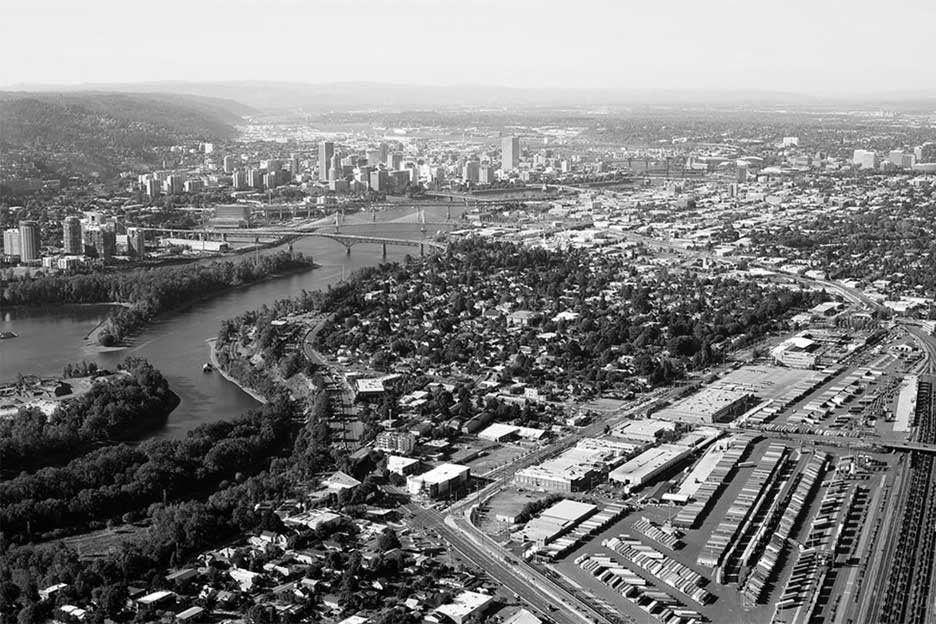
In 2020, Portland, Oregon experienced two unprecedented shocks to its food system. Early in the year, the COVID-19 pandemic showed the city just how easily its food supply chains could be disrupted by a crisis. Then, in the fall, the devastating Labor Day Wildfires left Portland with tens of thousands of displaced residents in need […]
Critical Food System Vulnerabilities: A Lack of Leadership
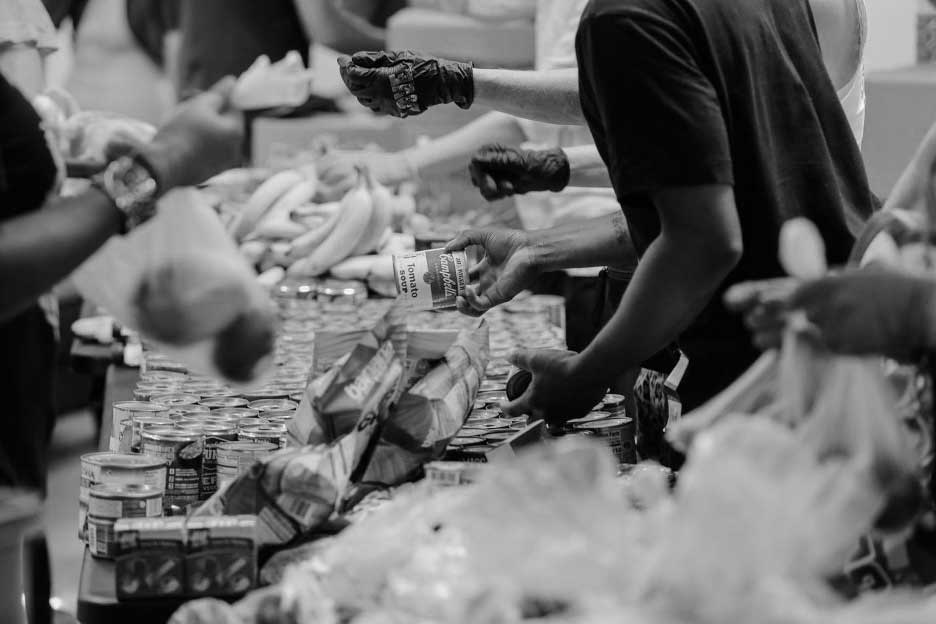
The Red Cross. FEMA. Food Banks. They are all part of the powerful images we see of agencies providing emergency food after natural disasters. But how does this happen? Who sends out the call for an emergency response? And who coordinates what happens on the ground? The answer is almost as complex as the food […]
Why Aren’t We Prioritizing Emergency Food Planning in Climate Change Initiatives?
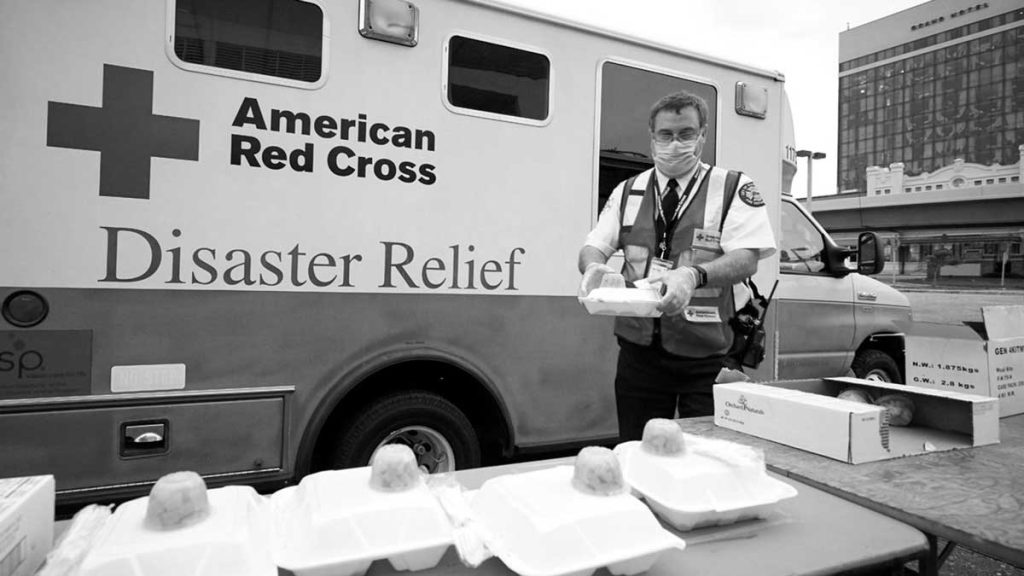
The unrelenting pace of climate-related disasters has public and private sector organizations trying to mitigate the impact of climate change. When it comes to food systems, most attention has been given to food production—how best to reliably grow food under changing conditions, such as increased drought, and to increase local food production, like growing produce […]
Resilient Cities Require Resilient Food Systems
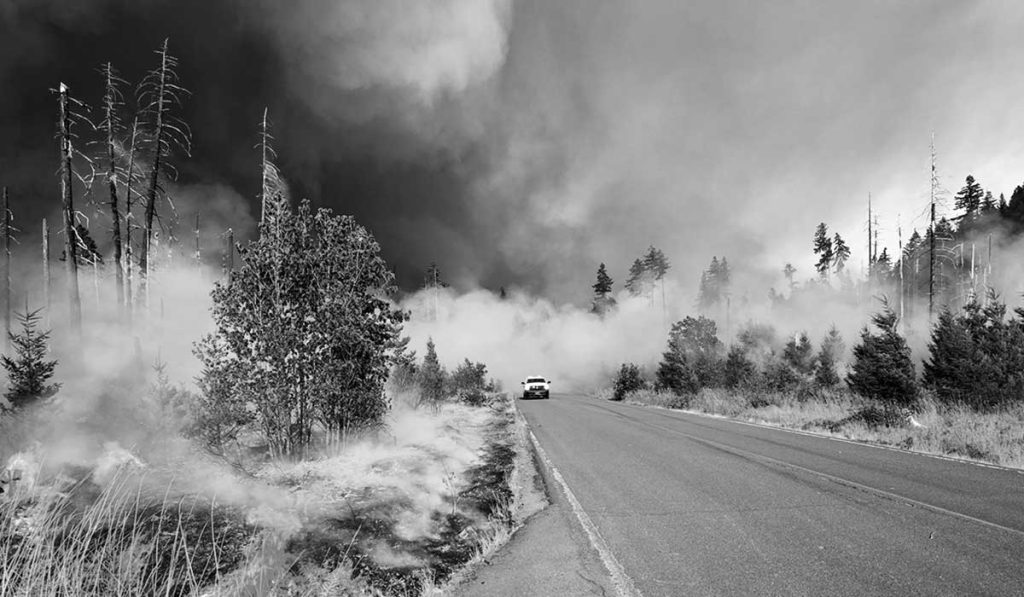
City leaders are prioritizing resilience planning to better prepare for severe natural disasters such as earthquakes, hurricanes and superstorms. Food systems, however, have been largely overlooked in these planning efforts. Most cities expect to provide residents with food for a relatively short period of time—a few weeks at most—during the immediate aftermath of a natural […]
Dear 2050
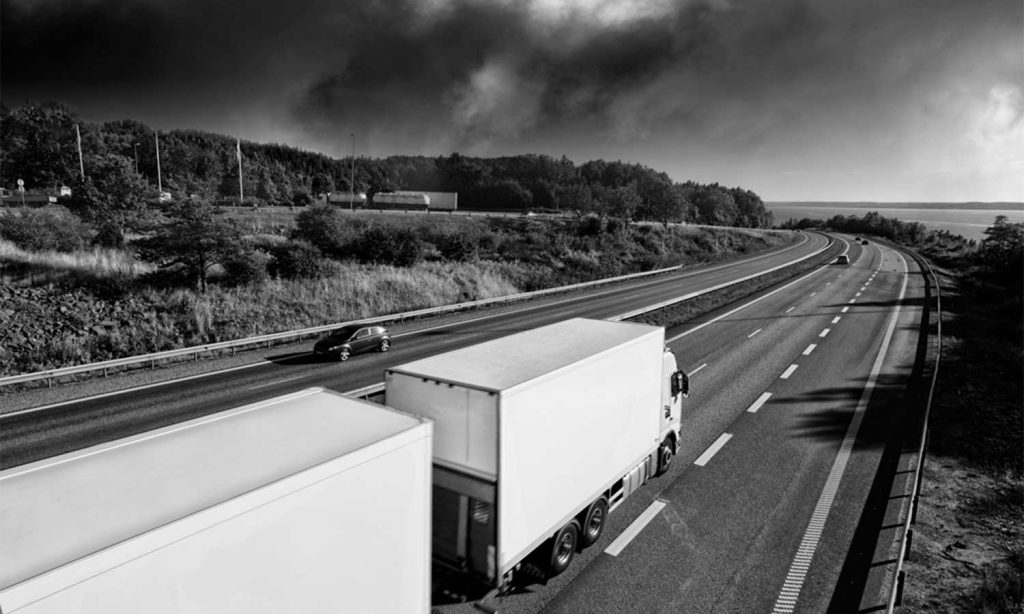
This blog post is written as part of the Meeting of the Minds’ third annual group blogging event, which asked: The year is 2050. Write a letter to the people of 2015 describing what your city is like, and give them advice on the next 35 years. Dear Residents of the Year 2015, Hello from 2050. […]
A Call to Action for City Leaders
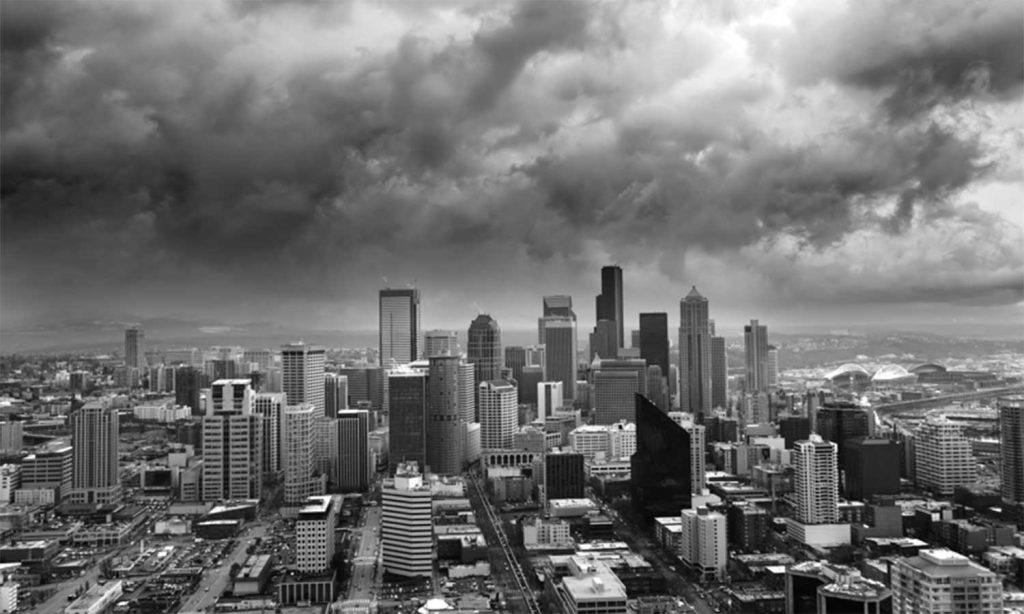
Note: This post originally appeared on the Meeting of the Minds Blog on June 9, 2015. In recent years, cities and regions are looking to build resilient food systems in the face of climate change. One motivation for expanding local and regional food systems, including increasing urban agricultural production, is the fear that global climate change will disrupt […]
A Grocery Store in Every Neighborhood

The term food desert is often applied to urban neighborhoods that do not have grocery stores and offer limited alternative options for healthy food purchases. The USDA defines food deserts as census tracts with a substantial share of residents who live in low-income areas that have limited access to a grocery store or other healthy, […]
Less Food Waste

New research from the Initiative for a Competitive Inner City (ICIC) begins to integrate what are frequently treated as two separate policy initiatives: food waste and resilience planning. Supported by The Rockefeller Foundation, The Resilience of America’s Urban Food Systems: Evidence from Five Cities, provides a compelling look at the vulnerability of urban food systems that includes an […]
